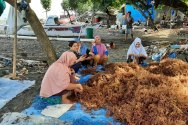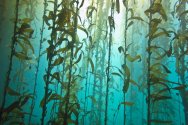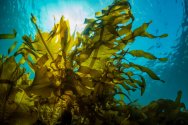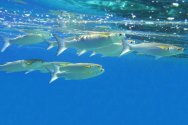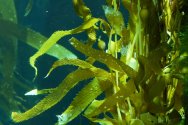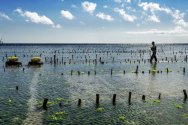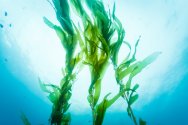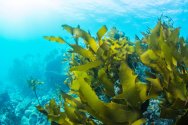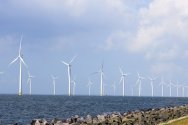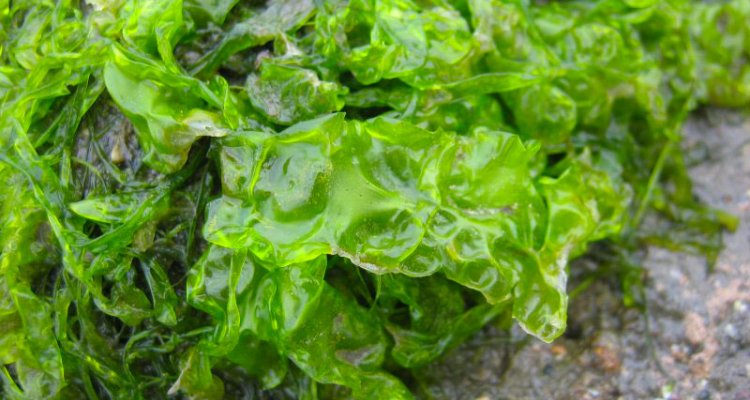
Dossier
Seaweed
There is an increasing interest within Western Europe for the cultivation of seaweed as a resource for feed, bio-stimulants for soil and crops, and as a bio-feedstock. The fact that the cultivation of seaweed requires no farmland and that many types grow in salt or brackish water are distinct advantages. As yet, the cultivation of seaweed in the Dutch waters is limited, but in the coming decades more wind farms will be developed in the North Sea with opportunities for a combination with large-scale seaweed cultivation. Seaweed is already cultivated extensively in Asian countries, but the production methods are not always sustainable. Wageningen University & Research (WUR) works on sustainable seaweed cultivation technology, explicitly targeting the North Sea area.
Topics on which our efforts focus are:
- The economic and technological feasibility of large-scale cultivation of seaweed
- Spatial requirements and the effects on the marine ecosystem
- The development of sustainable cultivation methods and seaweed breeding
- The processing of harvested biomass and development of bio-refinery and fermentation technology
- Development of sales channels and business cases
- Taking stock of risks, for example regarding food safety
Our research is project-based. Funding is provided by, among others, the European Union, the Ministry of Agriculture, Nature and Food Safety, TKI-Agri&Food and the business and seaweed sectors.
Reports
- Report: Development of Offshore Seaweed Cultivation: food safety, cultivation, ecology and economy - Mar 2019
